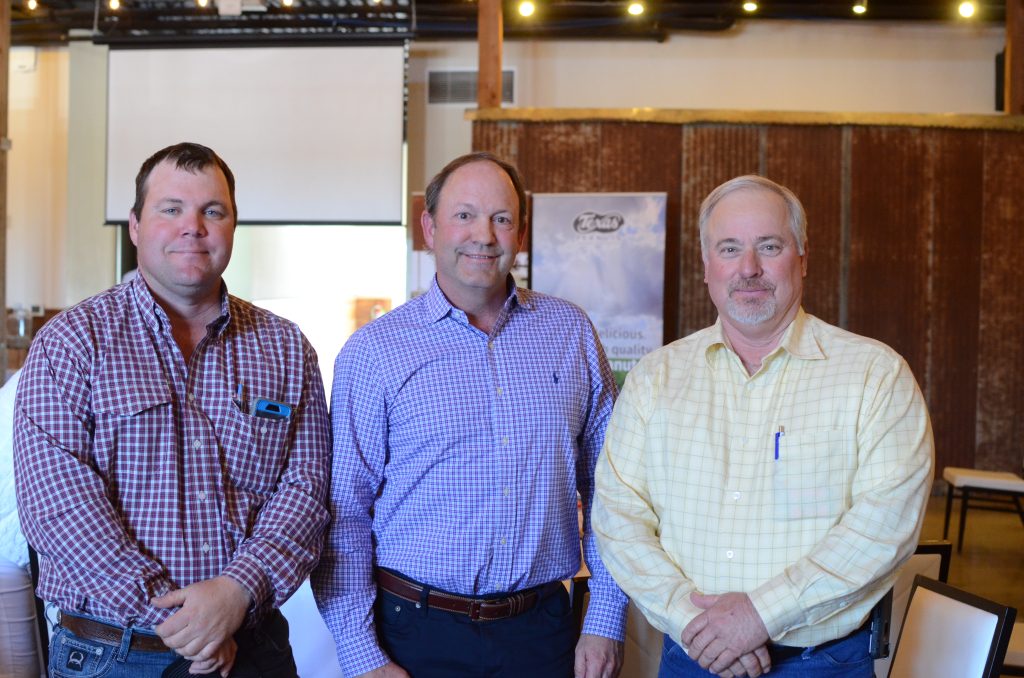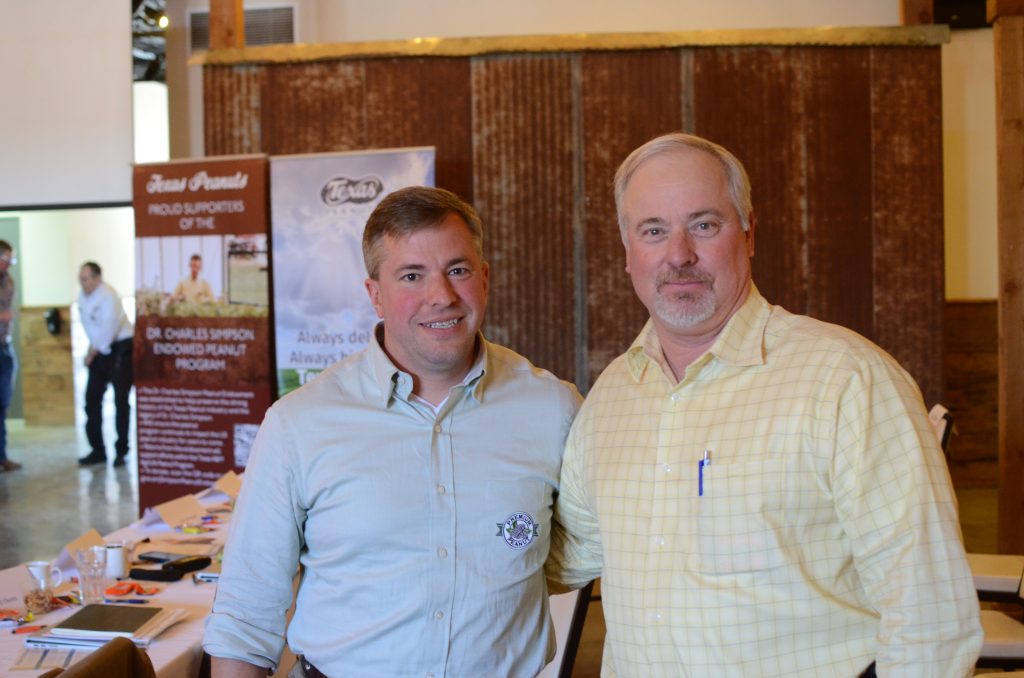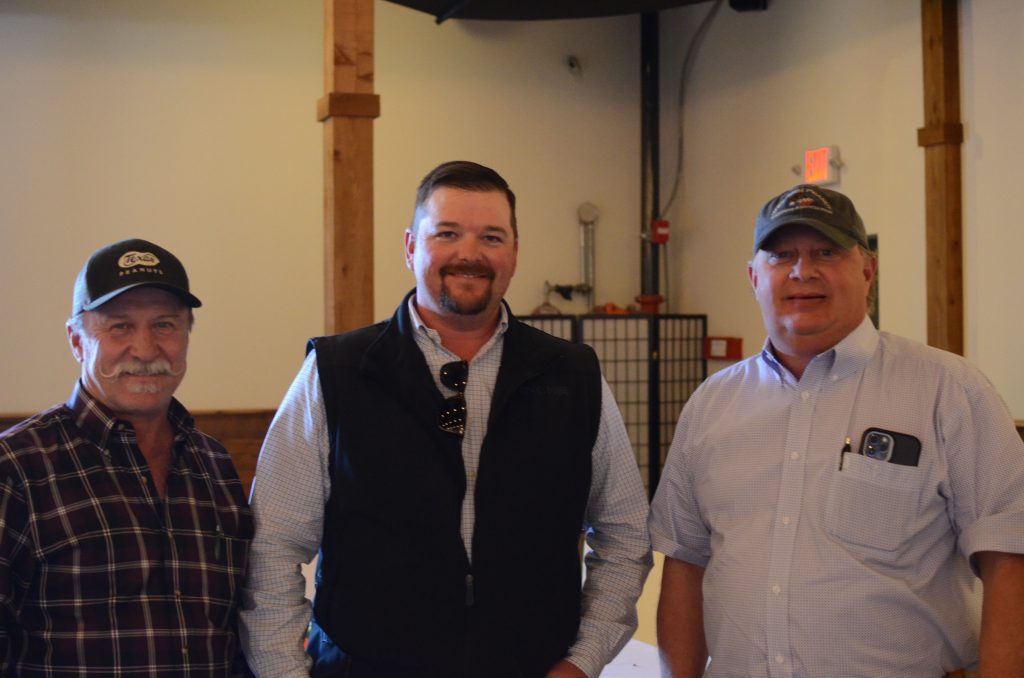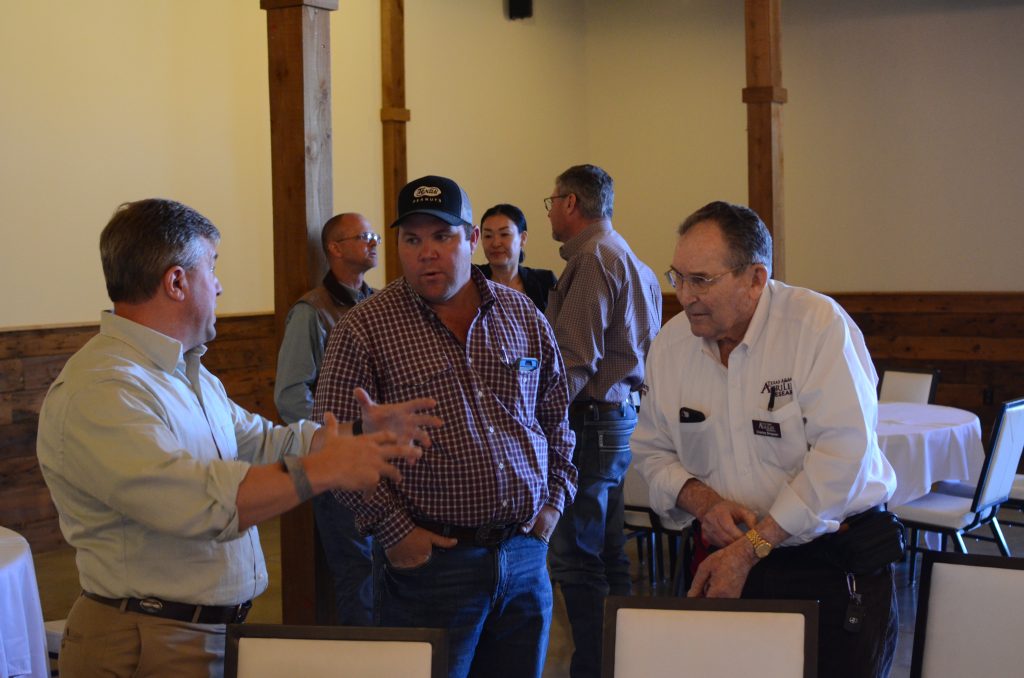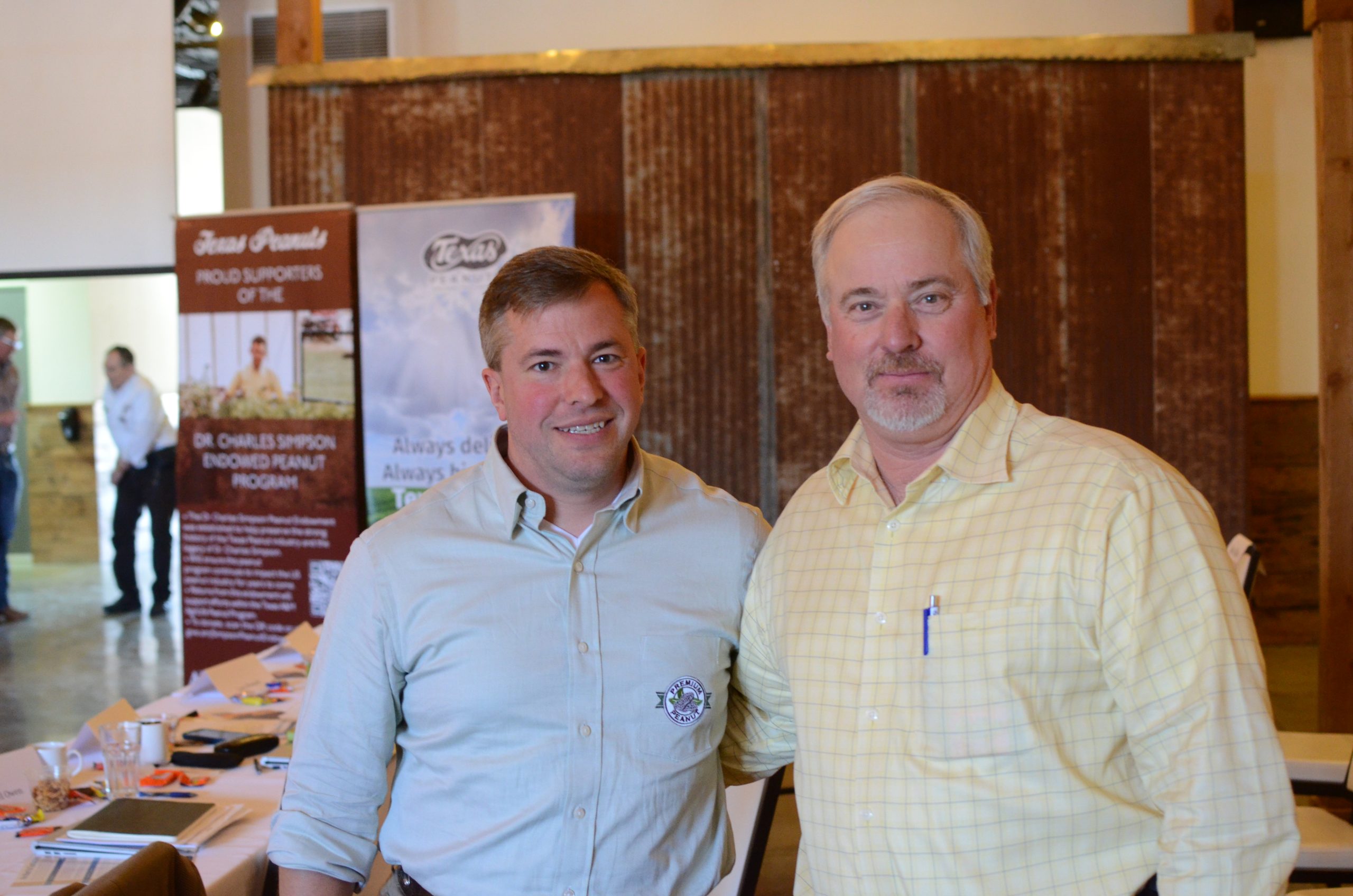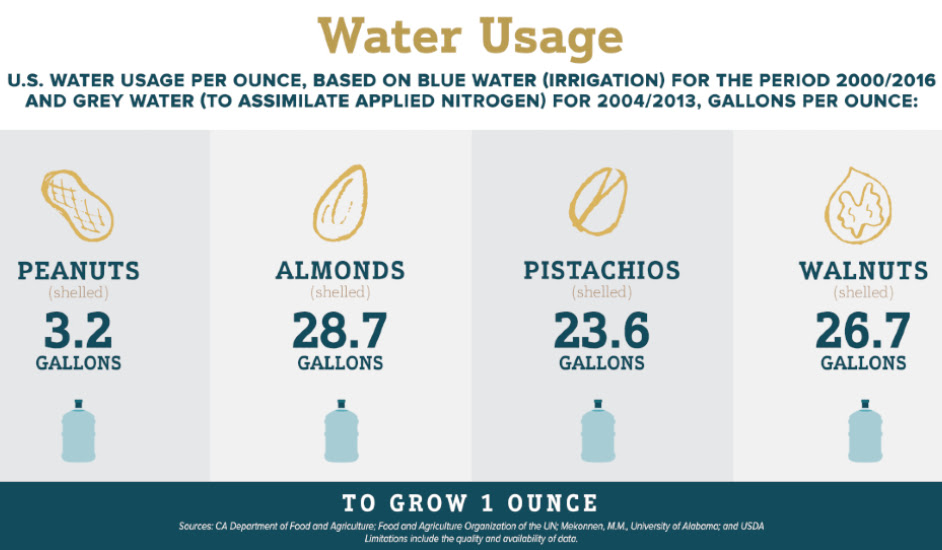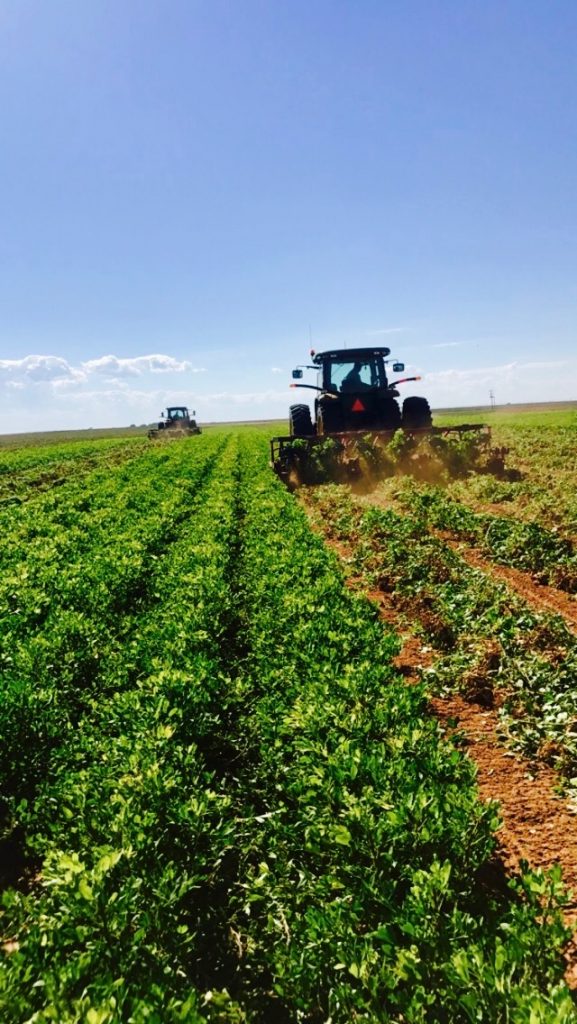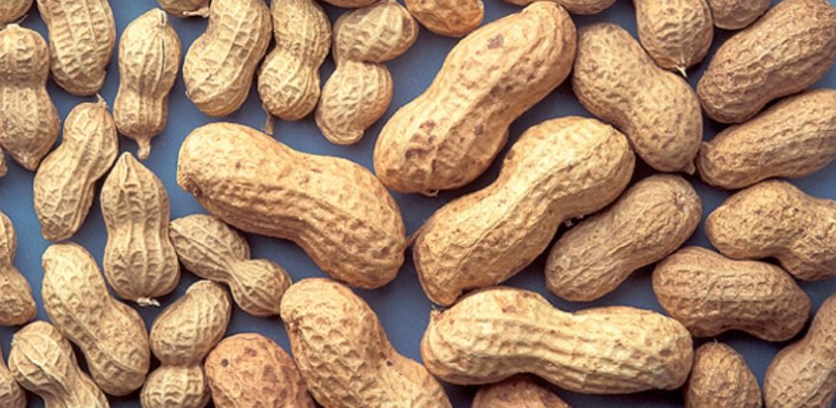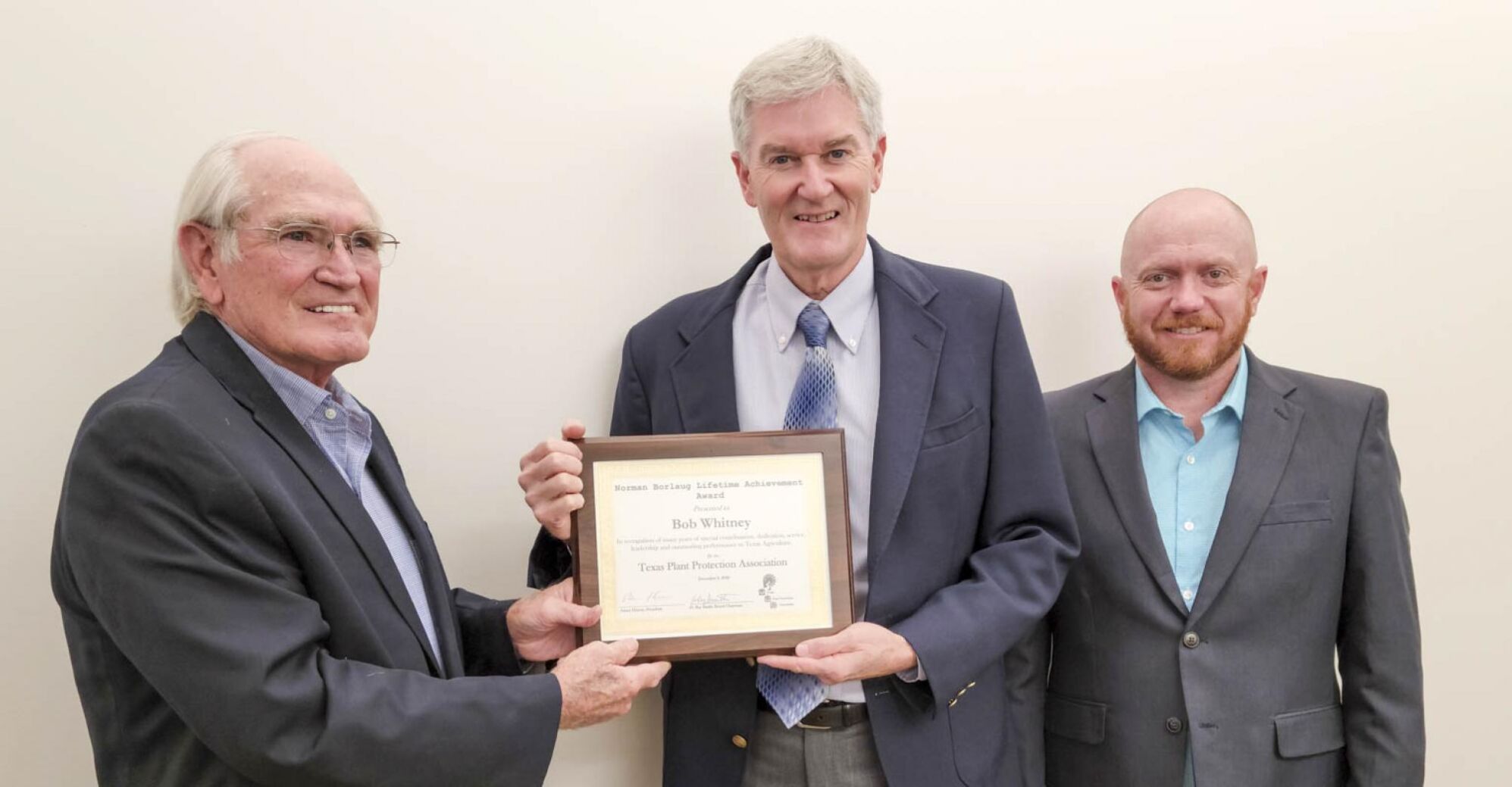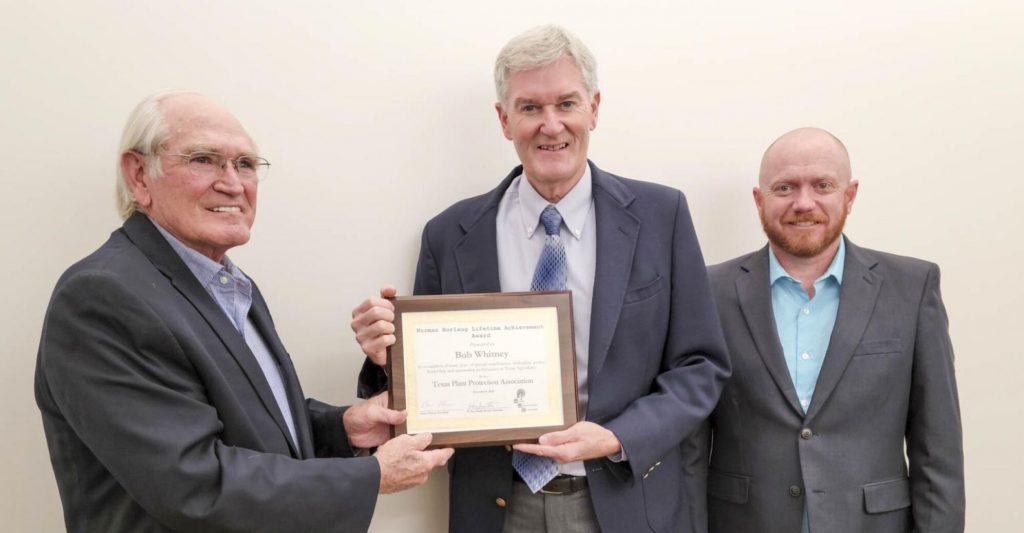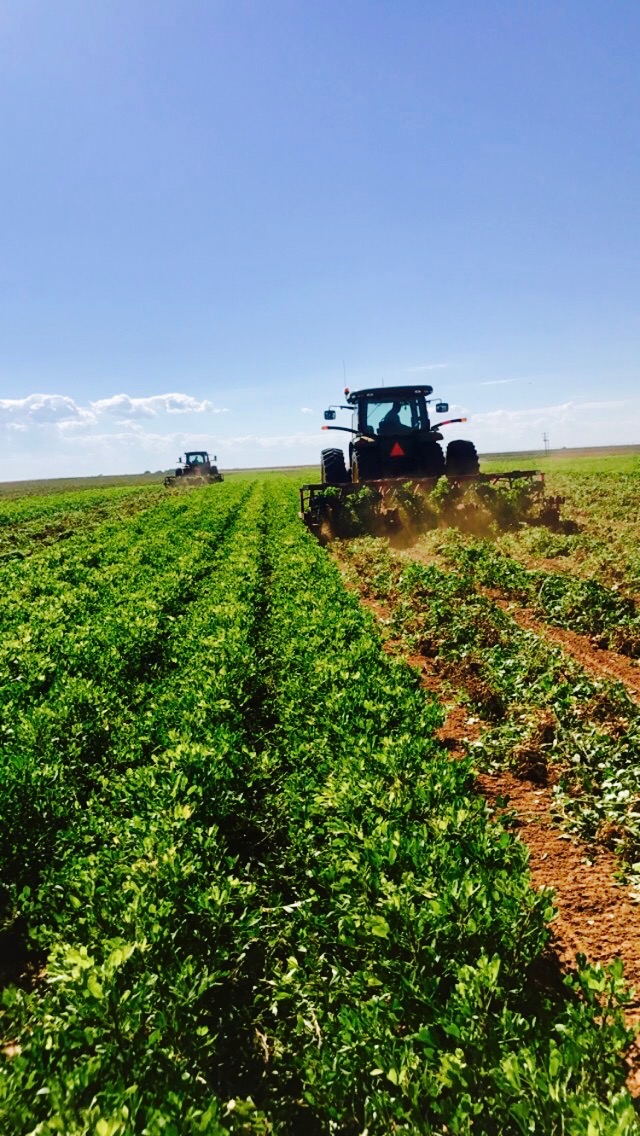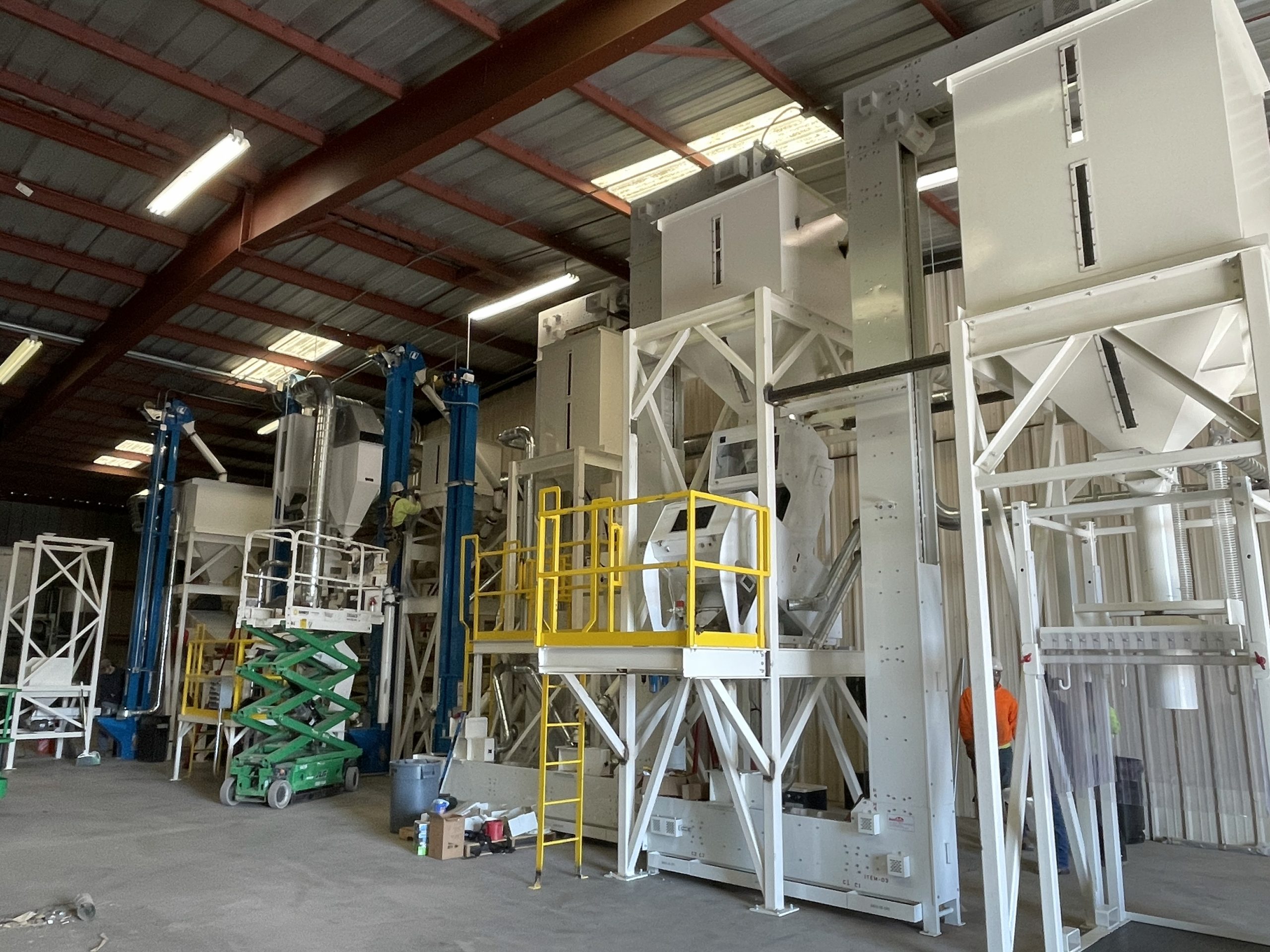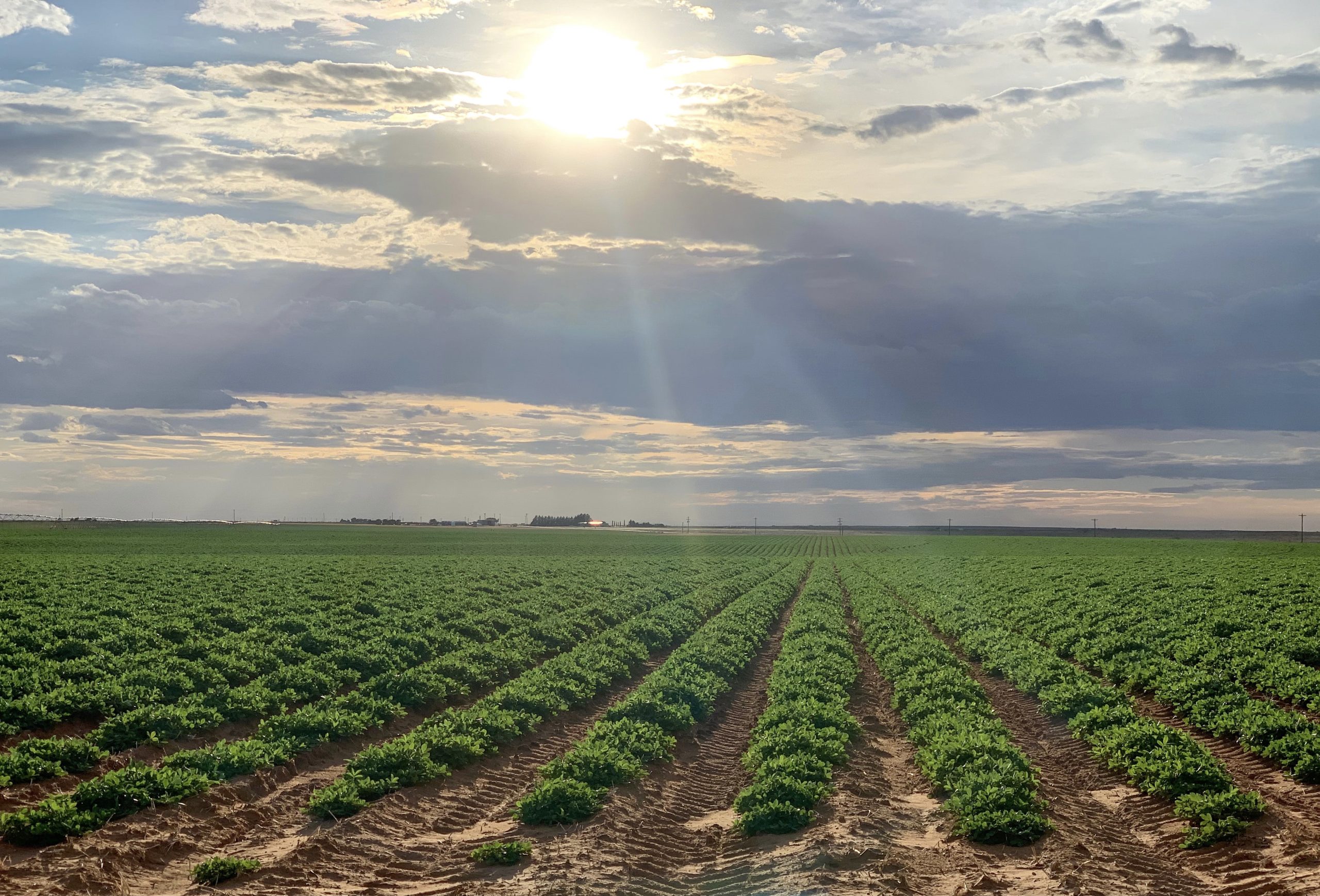The Texas Peanut Producers Board and staff met with a variety of representatives from the peanut industry at a roundtable event in Gruene, TX on March 22, 2022. The conversations and presentations ranged from marketing the health benefits of peanuts, challenges and opportunities of export markets, defining new directions for peanut research, and improving the capacity of large buyers.
Attendees ranged from peanut growers, shellers, experienced researchers, and individuals from American Peanut Council, National Peanut Board, and The Peanut Institute.
There was unanimous agreement that having continual conversations between organizations is how our industry is going to move forward as a progressive and successful sector of agriculture. Check out the highlights from our speakers below:
Miriam Crosby – Marketing & Communications Director – The Peanut Institute
- A primary purpose of The Peanut Institute is to grow awareness of the health benefits associated with peanuts.
- Efforts are focused on the messaging surrounding peanuts nutritional qualities, outreach through social media accounts, and reaching global audiences via influencers.
- Provide partial funding for research initiatives through one year university studies. Head to their Peanut Research Library to learn about peanuts in relation to allergies, eye health, blood pressure, brain health, and many more areas in regard to a healthy lifestyle.
Richard Owen – Chief Executive Officer & President – American Peanut Council
- Priorities for the APC include growing and defending U.S. exports, launching the sustainability effort ‘Telling the Good Story of Peanuts’, and improving industry coordination on research and aflatoxin.
- Working with the EU to demonstrate the commitment of the U.S. industry to continuous improvement to reduce aflatoxin.
Dr. Eric Coronel – Director of Sustainability – American Peanut Council
- Discussed a platform that would collect data from peanut growers in effort to enhance the widespread understanding of peanut sustainability. https://sustainableuspeanuts.org
- Having information about our sustainability practices is critical to building credibility, ultimately adding value to USA grown peanuts.
- APC would produce tools to help our industry communicate findings to their customers, government, trading partners, and other stakeholders.
Dr. Steve Brown – Executive Director at the Peanut Research Foundation
- Foundation was created to address the research needs of the industry as a whole.
- Research goals are defined by the industry concerns. Those research goals have been focused towards disease resistance, aflatoxin resistance, drought tolerance, and quality traits, including flavor.
- Current research challenges surround improving peanut genetics without GMO technology.
Marshall Lamb – Research Leader & Location Coordinator for the USDA/ARD National Peanut Research Laboratory
- 1.545 million acres of peanuts harvested in 2021.
- 500,000 tons of peanuts exported in 2021.
- 7.9 lbs per capita domestic peanut consumption in 2021, up 3% from 2020.
- The yield and quality of the 2021 crop was one of the best seen- 4,135 lbs per harvested acre.
Ryan Lepicier – Chief Marketing Officer- National Peanut Board
- Discussed the Millennial and Gen Z demographics in relation to what types of food they consume, the importance placed on brand’s values, priority placed on convenience, etc. See a more detailed breakdown here:
- Talked through the latest marketing campaigns initiated by the NPB.
Karl Zimmer – Chief Executive Officer & President – Premium Peanut
- Researchers and growers have had a mindset to increase yield, but a shift for quality could create more selling opportunities.
- In 2021, the amount of peanuts harvested in the US exceeded the domestic demand for peanuts by one million tons. The extra peanuts are then at the disposal of ever changing export markets.
- US peanuts make up 85% of the Mexican import market, the question then becomes how can we help the top importing companies increase their capacity to buy more US grown peanuts.
